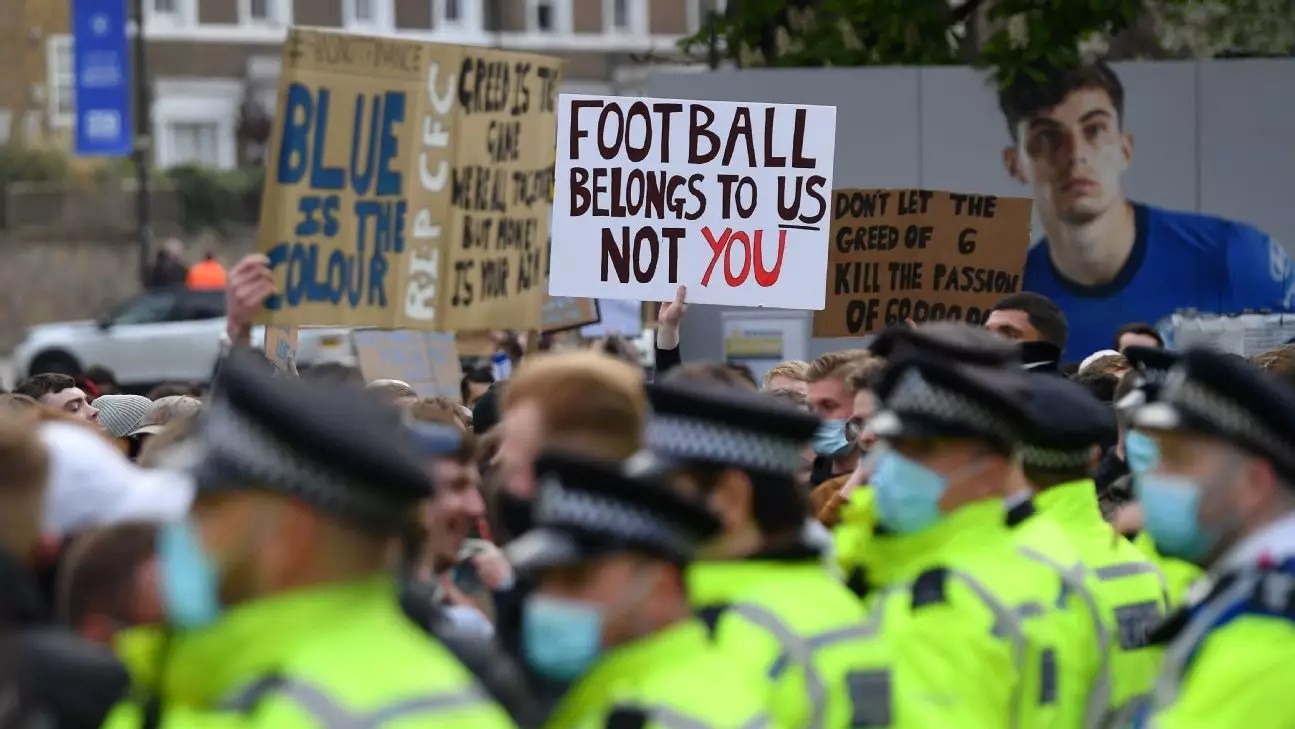In a bold move, a Spanish judge has intervened in the ongoing battle between football’s governing bodies, FIFA and UEFA, and the proponents of the European Super League (ESL). Ordering FIFA and UEFA to cease their anticompetitive practices, Judge Sofía Gil García has ruled that the ban on clubs participating in the ESL violates European Union law. This groundbreaking decision challenges the monopoly held by FIFA and UEFA in the world of professional soccer.
Judge Gil García’s ruling represents a significant victory for A22 Sports Management, the company spearheading the ESL initiative. By condemning FIFA and UEFA’s actions as anticompetitive and abusive, the judge has paved the way for a more open and competitive landscape in European club football. A22 CEO Bernd Reichart praised the decision as a step towards fostering innovation and creativity within the sport, highlighting the stifling impact of UEFA’s monopoly on the industry.
While the ruling has been hailed as a triumph for competition, both UEFA and La Liga have downplayed its implications. UEFA emphasized that the judgment does not give third parties free rein to create unauthorized competitions, suggesting that the ruling may not directly endorse the ESL concept. Despite this, the legal battle between the football authorities and ESL proponents is far from over.
The European Super League’s inception in 2021 sent shockwaves through the footballing world, with 12 elite clubs proposing a breakaway league. The backlash from fans and threats of sanctions by UEFA prompted nine clubs to withdraw from the controversial project within days. Real Madrid, Barcelona, Juventus, and others were at the forefront of the ESL debacle, which ultimately crumbled under public pressure.
As the legal battle over the European Super League continues to unfold, the footballing landscape in Europe stands at a crossroads. The clash between tradition and innovation, monopoly and competition, has highlighted the need for a more inclusive and transparent approach to governance. Judge Gil García’s ruling marks a pivotal moment in the ongoing debate over the future of European club football, raising important questions about power dynamics and legal oversight in the sport.


Leave a Reply